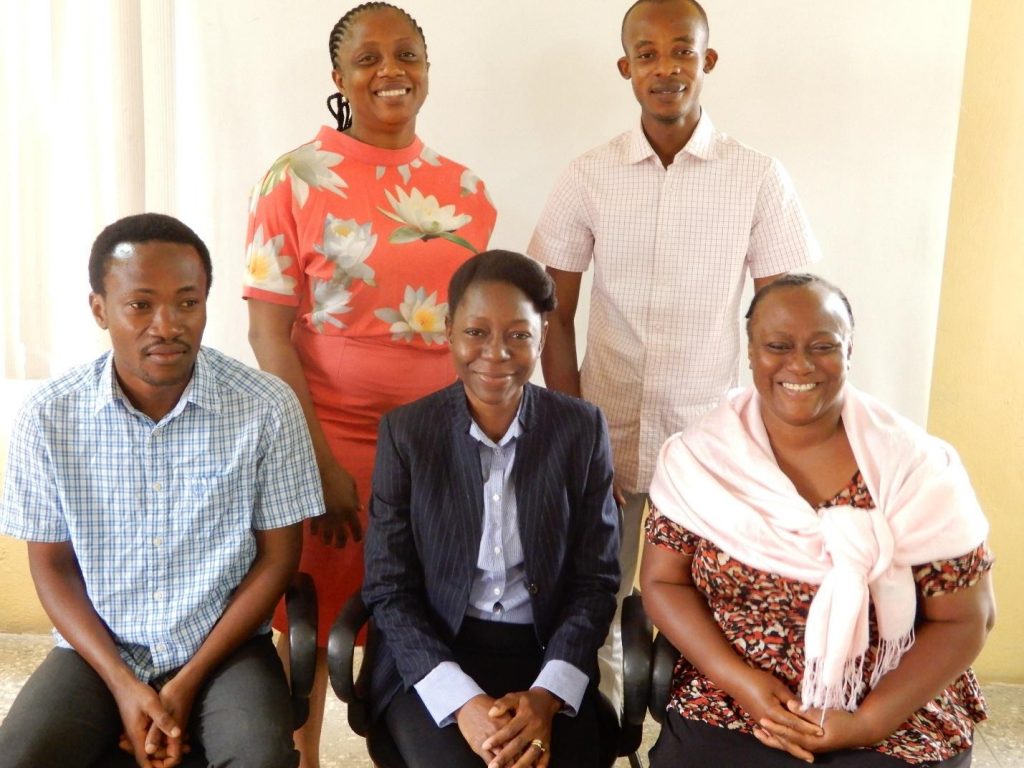The Center for Bioethics and Research (CBR) is a research and training institution in Nigeria committed to carrying out research, genomics and epidemiological studies on non-communicable diseases, including diabetes mellitus, cancer, cardiovascular diseases, and nutrition.
Furthermore, the Training Division of CBR provides international-standard bioethics training in collaboration with leading universities in Nigeria and other African countries.
CBR has received support from the United States National Institutes of Health (NIH), European and Developing Countries Clinical Trials Partnership (EDCTP) and industry partners.
High-Quality Research in a Low Resource Environment
CBR faces the challenge of performing research and training in low resources and budgetary constraints. Therefore, they needed to find a cost-effective way to manage their biospecimens. CBR scientists had previously created their own LIMS in RedCap before deciding to switch to OpenSpecimen. They currently use OpenSpecimen to manage two major research projects: the ‘African Female Breast Cancer Epidemiology’ Project (AFBRECANE) and the ‘Twins Study’.
AFBRECANE(1): The African Female Breast Cancer Epidemiology (AFBRECANE) Study conducts rigorous research into breast cancer and its molecular subtypes in the indigenous population of Nigeria in order to understand the epidemiological and genomic determinants of the incidence of breast cancer and its molecular subtypes, and the role of diet in the etiology of breast cancer in Nigeria.
Twins study(2): More than 200 million children aged <5 years fail to reach their full cognitive potential, and children born as twins are particularly at risk. The article reviews the studies that examined differences in the neurodevelopmental outcomes of twins compared to singletons.
“We decided to use OpenSpecimen because of the inadequacies that we observed in our old methods of managing research sample collections. We were also attracted to the fact that it is open-source software,” said Ipadeola Olubanke (Biobank Manager).
“One of the key biospecimen management challenges we wanted to solve was ensuring that we were collecting, storing and managing high-quality data and biospecimens. We wanted to enable multisite access for the storage, transport, and management of samples. We also wanted to ensure that consent forms are linked to biospecimen records in order to facilitate ethical sharing of samples and data,” said Ipadeola Olubanke.

The Benefits of Open-Source Software Solutions
“The open-source nature of OpenSpecimen has helped us tremendously in achieving the goal of creating a software-driven biobank for our various research projects because we are in a low resource environment and cannot afford many paid services and software,” said Ipadeola Olubanke. “Open-source software levels the playing field between research centers and institutions in Africa and those in high resource environments to a certain degree. This enables African research institutions to stretch their resources and participate in the latest health research projects while embracing new technology in a way that is forward-thinking and compatible with legacy solutions.”
“We are very excited to see OpenSpecimen being used in Africa in mission-critical and cutting edge research. We support the community edition users via our public forums without charging any fees. We look forward to helping other centers especially in low-income countries of Africa and Asia.” said Srikanth Adiga, C.E.O of Krishagni – the developers of OpenSpecimen.
About OpenSpecimen
OpenSpecimen is an open-source biospecimen database used in 65+ research centers across 16+ countries. World’s leading research centers like Johns Hopkins University, Washington University, Emory University, University of New South Wales, University of Melbourne, University of Pittsburgh, etc. use OpenSpecimen to for specimen management. OpenSpecimen helps track specimen data from collection to utilization and collect associated data. Researchers can use the “easy to use” reporting module to query for “specimens of interest” and request for distribution.
For more details visit: www.openspecimen.org
